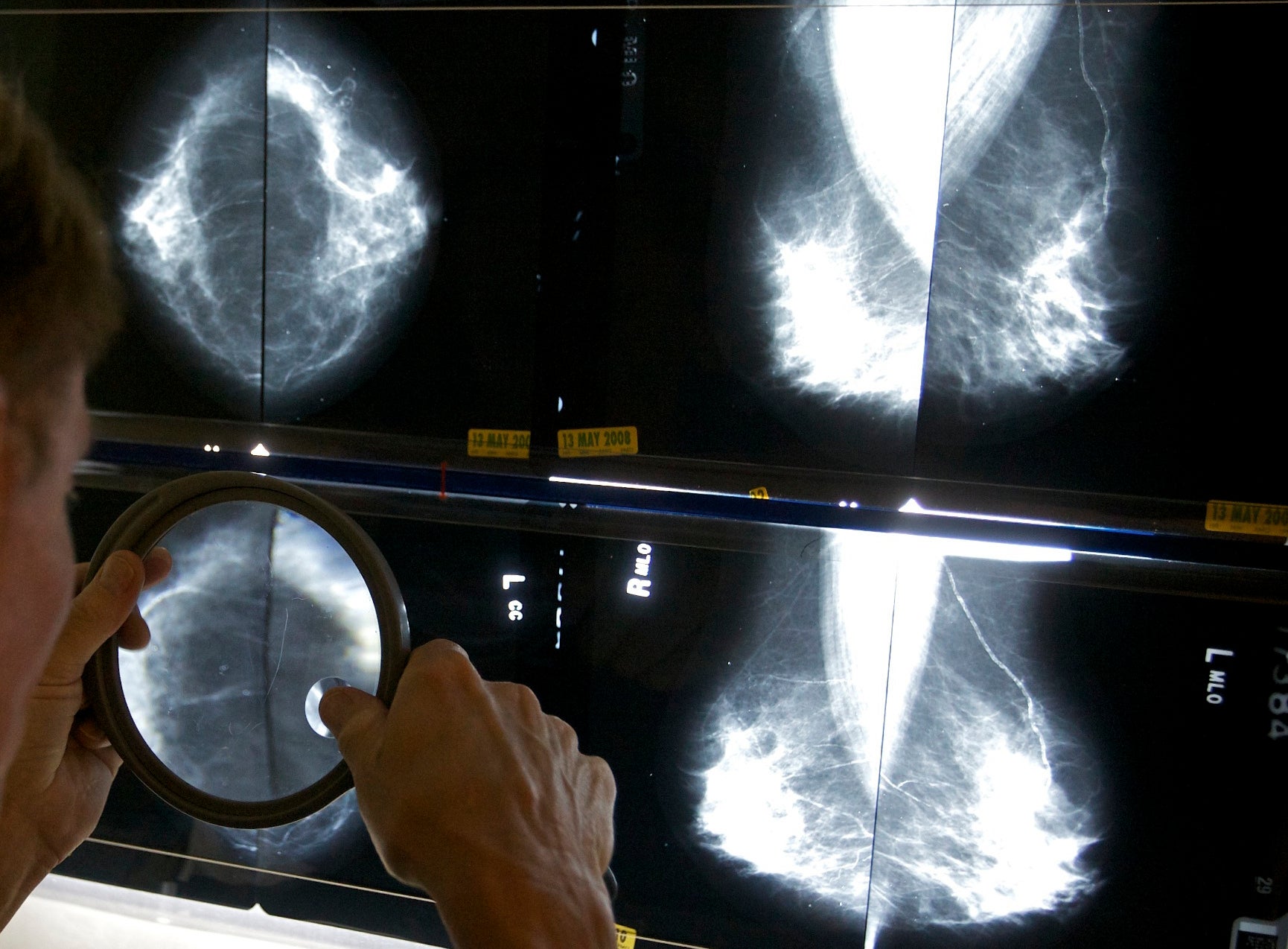
A new study has found that any type of hormonal contraceptive may increase the risk of developing breast cancer.
The findings – collected by the Clinical Practice Research Datalink (CPRD) - suggest that the use of progestogen-only hormonal contraceptives can result in a 20-30% higher risk of breast cancer.
The researchers analysed data from 9,488 women who developed invasive breast cancer between 20 and 49 and 18,171 closely matched women without breast cancer. They found that, amongst participants, 44% of women with breast cancer and 39% of women without it had been prescribed a hormonal contraceptive an average of three years before diagnosis.

Overall, the absolute excess risk of developing breast cancer over a 15-year period in women with five years of use ranged from eight in 100,000 women for use from age 16 to 20 to 265 in 100,000 for use from age 35 to 39.
Previously, other studies have identified that the combined contraceptive pill – combining oestrogen and progestogen – is linked to a relatively small increase in the risk of developing breast cancer. This increase declines after the patient stops using it.
In 2018, one study identified a 50% increased breast cancer risk amongst participants who had started taking a combined oral contraceptive pill within the last 12 months.
However, according to Gillian Reeves, Professor of statistical epidemiology and director of the Cancer Epidemiology Unit, University of Oxford, there’s little to indicate that women taking contraception need to make any changes.
In fact, the benefits of taking contraceptives beyond preventing pregnancy – including protecting against endometrial cancer and ovarian cancer – might outweigh the negatives of taking the pill.
“The main purpose of doing this research was really to fill a gap in our knowledge”, Dr Reeves said.
“We’ve known for many years that combined oral contraceptives, which women have been using for decades, also have an effect on breast cancer risk, a small increase in risk which is transient.
“We weren’t absolutely sure what the corresponding effect of these progestogen-only contraceptives would be.
“What we’ve shown is that they’re just the same in terms of breast cancer risk, they seem to have a very similar effect to the other contraceptives, and the effect that we’ve known about for many years.
“I suspect that if women were prepared to accept those risks in the past, in return for the many benefits of taking hormonal contraceptives, then they may well be prepared to carry on doing that.”

Meanwhile, Breast Cancer Now notes that the study did not factor in whether a family history of the disease contributed to risk levels amongst participants.
“The study didn’t look at what hormonal contraceptives the women may have used in the past or consider how long they may have been on the progestogen-only contraception”, Dr Kotryna Temcinaite, head of research communications at Breast Cancer Now, added.
“Further work is needed to help us fully understand the impact of using this type of contraception.”
According to Breast Cancer UK, there are approximately 56,000 new cases of breast cancer in the UK each year. The most common type of cancer amongst the nations, around 1 in 8 women are diagnosed with it during their lifetime.







